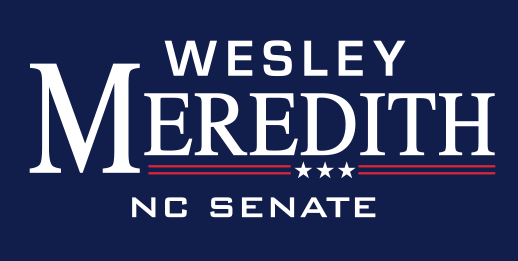Lawmakers, business owners and municipal leaders have agreed for years that business privilege taxes — which are paid for the “privilege” of doing business in a locality — are too complicated and need change. Similar businesses in adjoining towns can end up paying wildly different bills because the cities calculate their respective taxes differently.
Since privilege taxes are almost entirely unregulated, they can be enacted on local businesses to prop up local government budgets. Repealing privilege taxes are something that simply makes sense for all concerned parties. As a result, local taxes on businesses will be less confusing, and less arbitrary.
Mr. Andy Ellen of the N.C. Retail Merchants Association wrote a letter to the Fayetteville Observer detailing his thoughts and experiences with privilege taxes which I have included below:
“The N.C. Retail Merchants Association thanks Rep. John Szoka, Sen. Wesley Meredith and Sen. Ben Clark for their bipartisan support to reign in a tax that was never envisioned to get to these levels.
I would like to point out that because the privilege license tax is not regulated, it has become an easy tax to “adjust” at the local level based on a town’s need to supplement its budget. In many cases municipalities have exceeded their taxing authority by levying privilege taxes based on gross receipts, with no regard to profit or services provided.
Some businesses are paying thousands for the “privilege of operating a business,” while others in the same shopping center pay zero or $25. For example, one family-owned business in Raleigh saw its tax bill go from $50 to over $9,000, yet this business does not receive additional police, fire, utility or trash service now than it did before.
Retailers pay property taxes, business license fees and trash-collection fees and collect the sales tax for free. However, it is not practical for one industry to inequitably bear the burden of raising additional revenue for local budgets.”
